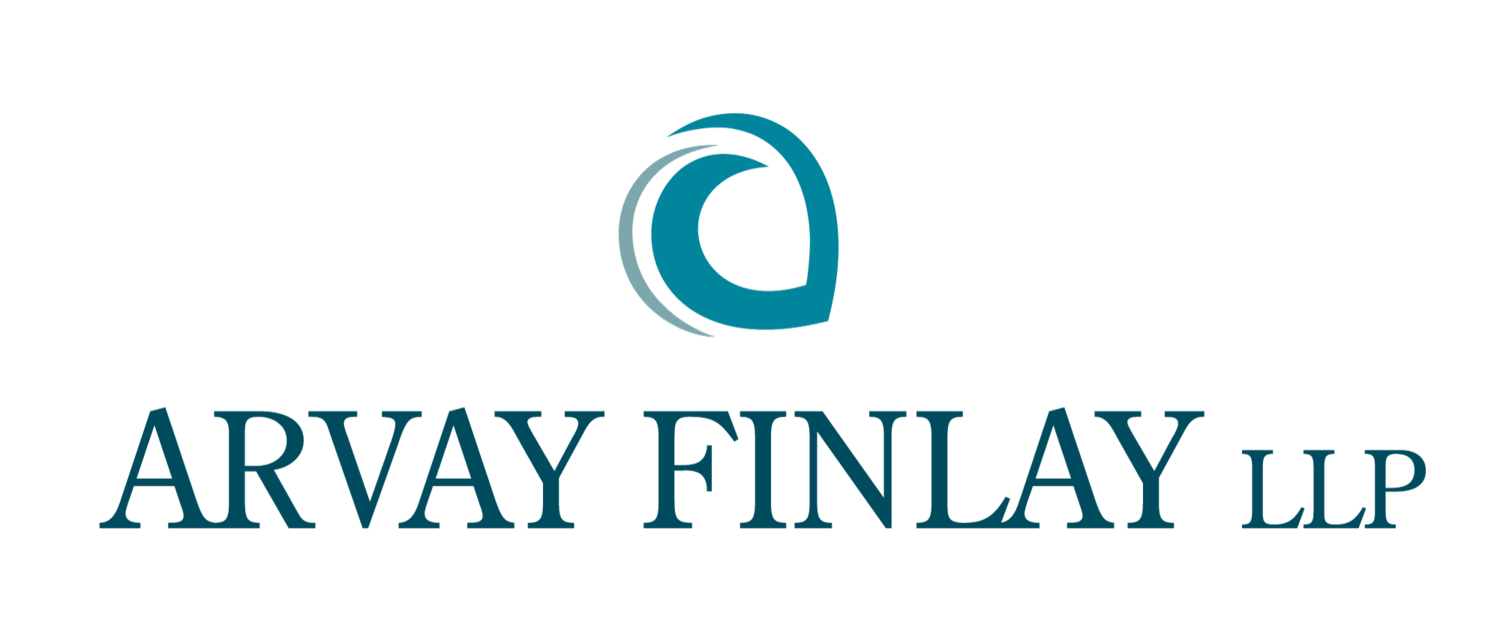In a landmark decision, the Provincial Court of British Columbia ruled today that Richard Desautel, a Sinixt descendant resident in the United States, has an aboriginal right to hunt in his traditional territory in Canada.
In 2010, Mr. Desautel was charged with hunting elk as a non-resident, and without a licence, near Castlegar, B.C. He is a member of the Lakes or Sinixt tribe of the Confederated Tribes of the Colville Reservation in Washington State, and asserted a constitutionally protected right to hunt in Sinixt traditional territory in Canada. Sinixt territory stretches north from the Colville Reservation to the area in and around the Arrow Lakes in British Columbia.
At a lengthy trial held over several weeks in the fall of 2016, considerable expert evidence was led concerning the history and movement of the Sinixt, who travelled, fished and hunted for centuries throughout their traditional territory on both sides of the border, following a seasonal round. In the latter part of the 19th century, owing to a number of forces, many Sinixt moved south of what is now the international border. Legislation was later introduced to specifically make it illegal for the Sinixt to hunt in Canada. And in 1956, despite having knowledge of Sinixt people living on both sides of the border, the Canadian government declared the Arrow Lakes Indian Band to be “extinct”, paving the way for hydroelectric development in the area.
Notwithstanding that difficult history, Justice Lisa Mrozinksi held that the rights of the Sinixt people endured:
Members of the Lakes Tribe of the CCT who testified stated that they have always hunted; that they have maintained and not forgotten many of their Sinixt ancestors’ hunting traditions; that they continue to try to foster those conditions even against the headwinds of the modern world; and that they want to hunt in Sinixt traditional territory in British Columbia.
Rick Desautel commented that the decision “is of tremendous spiritual importance to all Sinixt people, and is entirely consistent with our indigenous and natural laws. I look forward to further strengthening our ties to our Canadian traditional territory and with the people of British Columbia”.
Dr. Michael Marchand, Chairman of the Colville Confederated Tribes, and one of the Sinixt witnesses who testified at trial, stated that:
Today’s ruling closes a dark chapter in the history of the Sinixt. We are very pleased that our history and identity, which are tied up in the spiritual and cultural significance of hunting, have finally been recognized by the Canadian courts, and while we know that further court proceedings lie ahead, we intend to begin a new chapter by focusing on the process of reconciliation and finding our proper place within Canadian society.
Mark Underhill, lead counsel for Mr. Desautel, added, “This decision affirms a simple but fundamentally important principle – no law, government policy or even international border can erase Aboriginal identity. All Sinixt people, regardless of where they now live, can finally start to feel whole again.”
To read the full decision click here.
